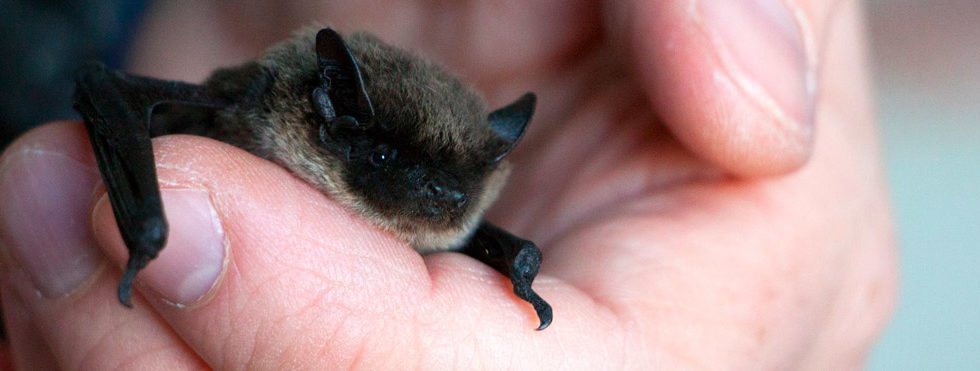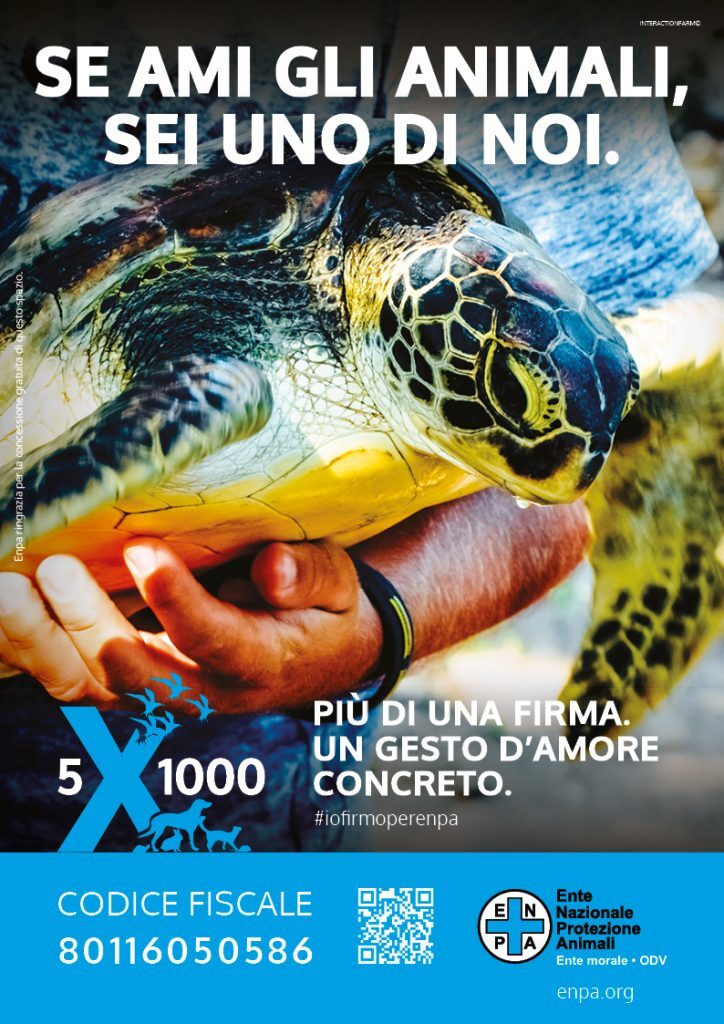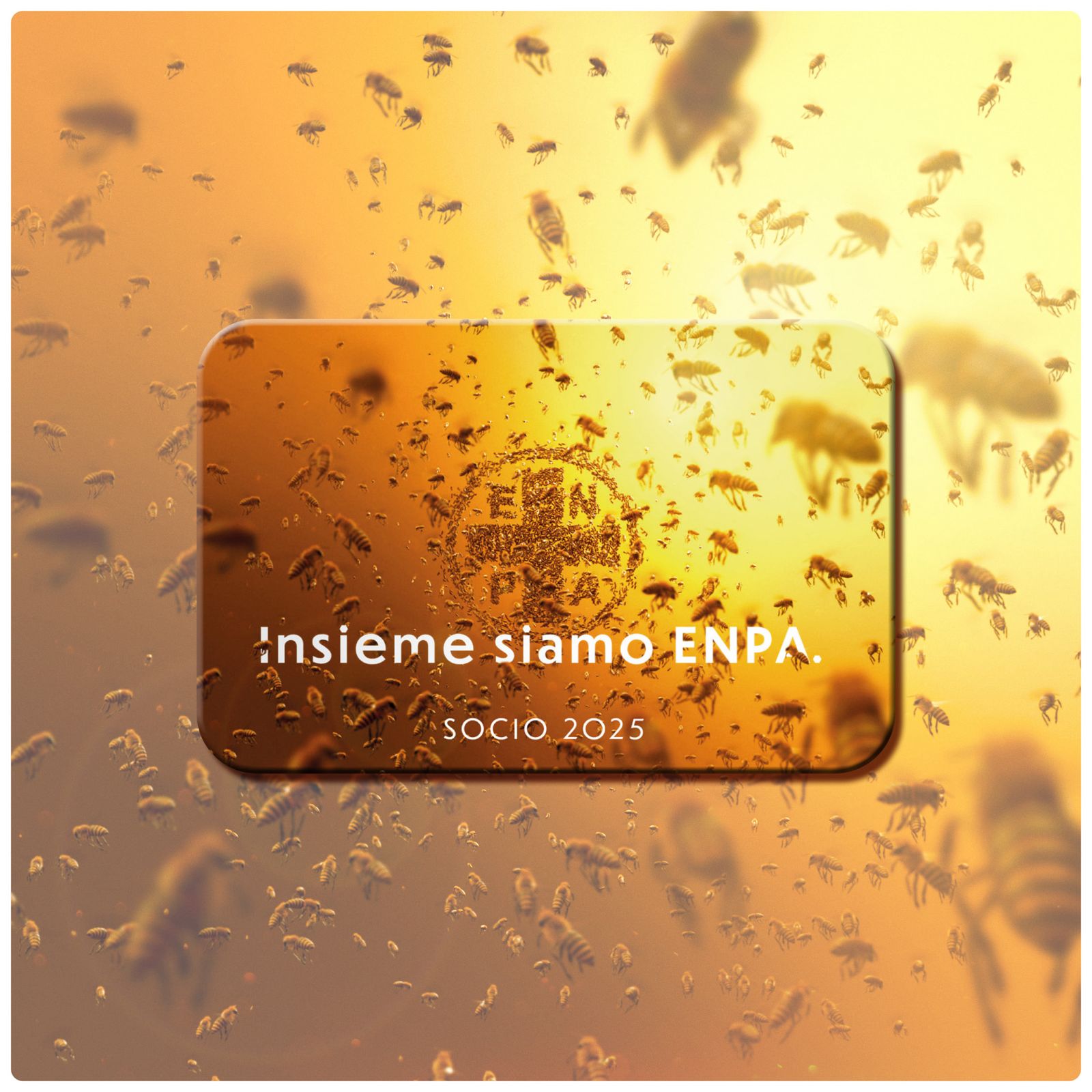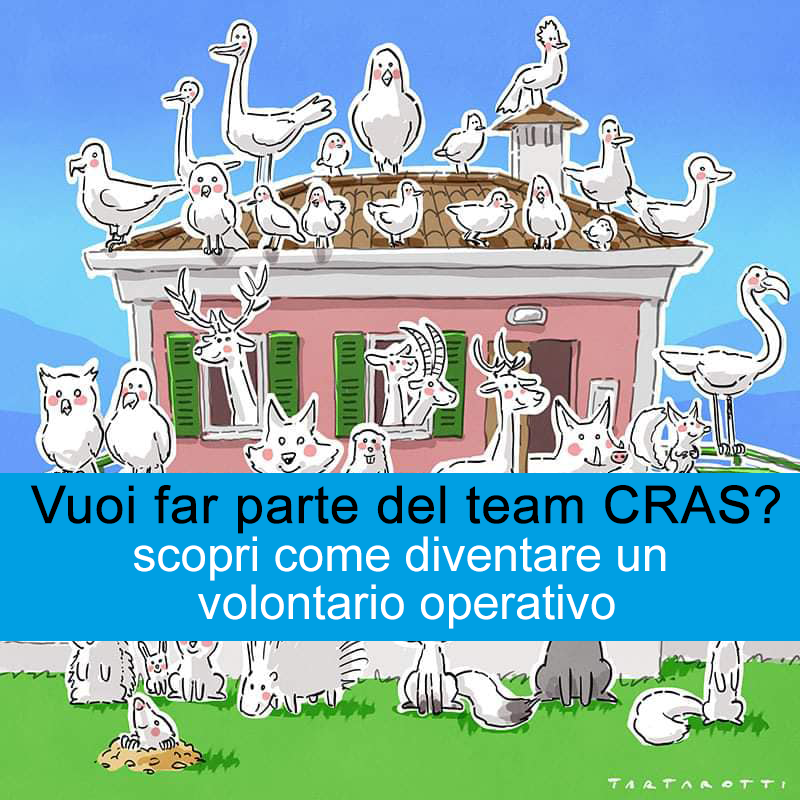I found a wild animal in need
If you have found a wild animal, download our short wildlife rescue for free by clicking here. Scroll down the page to find more details.

If you do not know the species, diet and habits of the animal you have found, do not take initiatives, as your help can turn into a death sentence. An animal that seems in danger to us, is not always in real difficulty: before taking any initiative, please call a wildlife rescue centre for advice on the best way to help.
Remember that some animals must NOT be rescued except if they are in immediate danger and really need your help. If you find a baby wild animal in need, please make sure you aren’t unintentionally removing it from its parent(s)! Baby animals are sometimes left alone while their parent(s) look for food. Many mammal cubs, including deer, should not be touched or moved at all. The mother is always close and waits for the right moment to return to take care of her offspring. She won’t be able to recognize her own baby if its smell is “contaminated” by the human touch.
Unless the chick is not yet covered in feathers, it is also important not to pick up young birds that have fallen from the nest, as their parents will continue to protect and feed them on the ground. If the chick is not yet covered in feathers, the best option is to put it back into its nest. Only if this is not possible, the little bird needs to be kept warm and to be fed with proper technique and feed immediately.
There are exceptions though. Birds that always need rescue, if found on the ground, are swifts and swallows.
Wildlife is a priceless heritage so no one should freely dispose of it. Wildlife protection is in the interests of all citizens as a healthy environment can only be achieved with a thriving biodiversity. Therefore, when a wild animal is found in distress, please immediately notify designated authorities or wildlife rescue NGOs.




